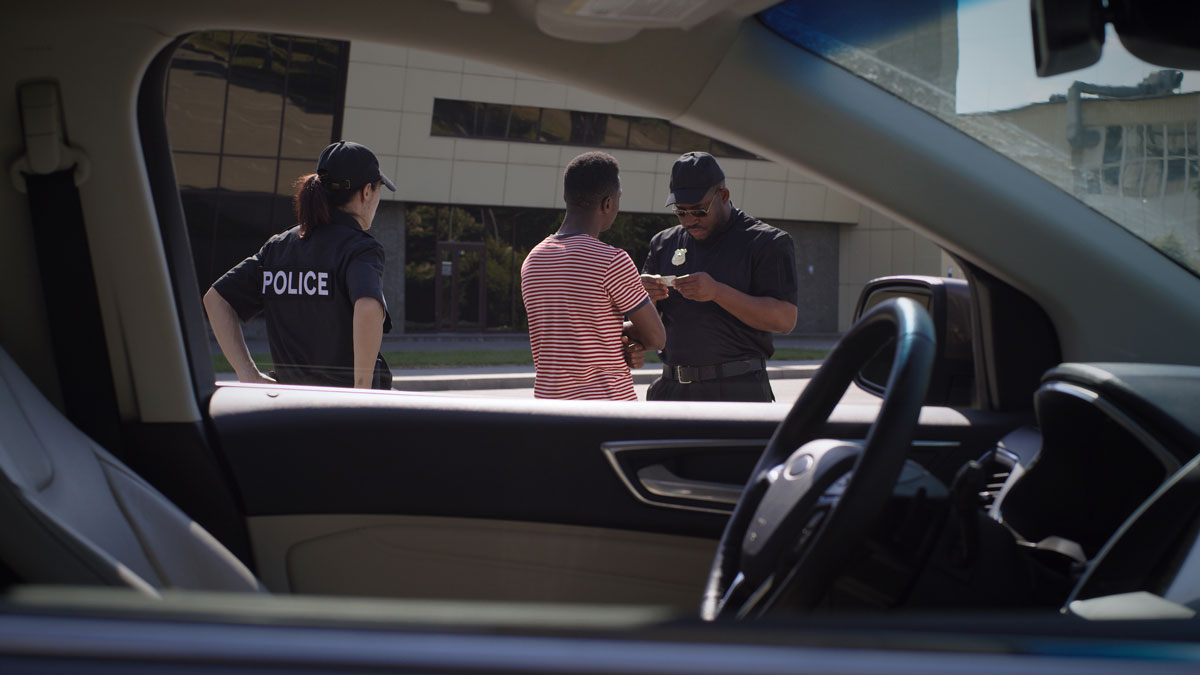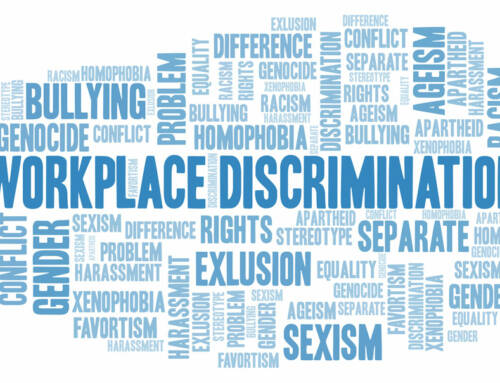Racial profiling, defined by the American Bar Association as “the police practice of stopping black and brown drivers in disproportionate numbers for traffic infractions, in attempts to investigate other crimes for which the police had no evidence,” undermines Americans’ civil rights in both direct and indirect ways.
Most directly, traffic stops that qualify as racial profiling are a pretext for conducting searches, creating an implied, if not overt, violation of the fourth amendment protection against unlawful searches and seizures. The US Congress came close to codifying this connection with the passage by the House of the Traffic Stops Statistics Act in 1998, and although it was interrupted by the Clinton impeachment proceedings and never voted on by the Senate, the connection between race, traffic stops, and aggressive enforcement has been well known in the public sphere for decades.
Racial profiling also directly violates the anti-discrimination purpose of the Civil Rights Act and the 14th amendment, which recognizes “the principle of equality before the law.” Despite this, proving that a particular traffic stop is racially motivated is challenging, since the officer usually finds a reason to make the stop. Even if that reason seems illegitimate—like failing to turn on a turn signal 100 feet before changing lanes—it’s hard to prove that the officer made the stop because of race, since there was a reason to make it other than race.
Beyond the direct violations of civil rights, racial profiling—as the tip of the spear of entrenched, systemic racism within the American criminal justice system—indirectly undermines the civil and human rights of communities of color across the country. The wedge of distrust this creates alienates whole communities from institutions of authority ranging from public safety to education, impacting those communities’ access to the American franchise. Equal opportunity is a foundational civil right, and it’s easy to see how racial profiling limits that opportunity.
Some states have directly outlawed racial profiling, but in most places it isn’t technically against the law. That doesn’t mean, however, that it can’t be shown to be a civil rights violation. If you’ve been racially profiled, talking to an attorney with demonstrated expertise in civil rights litigation is the first step to assessing your rights—and potentially using civil litigation to ensure that those after you don’t receive the same treatment.






